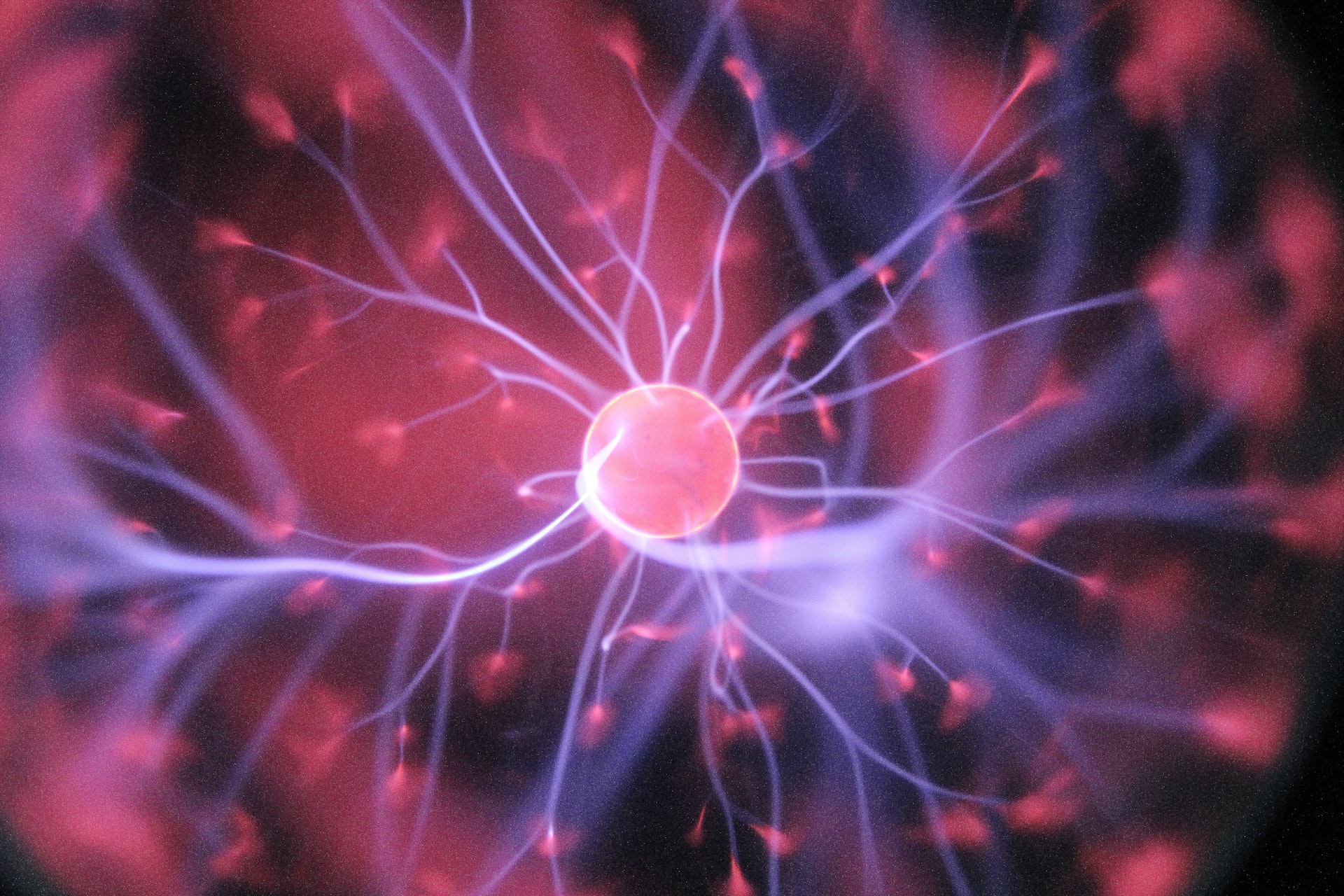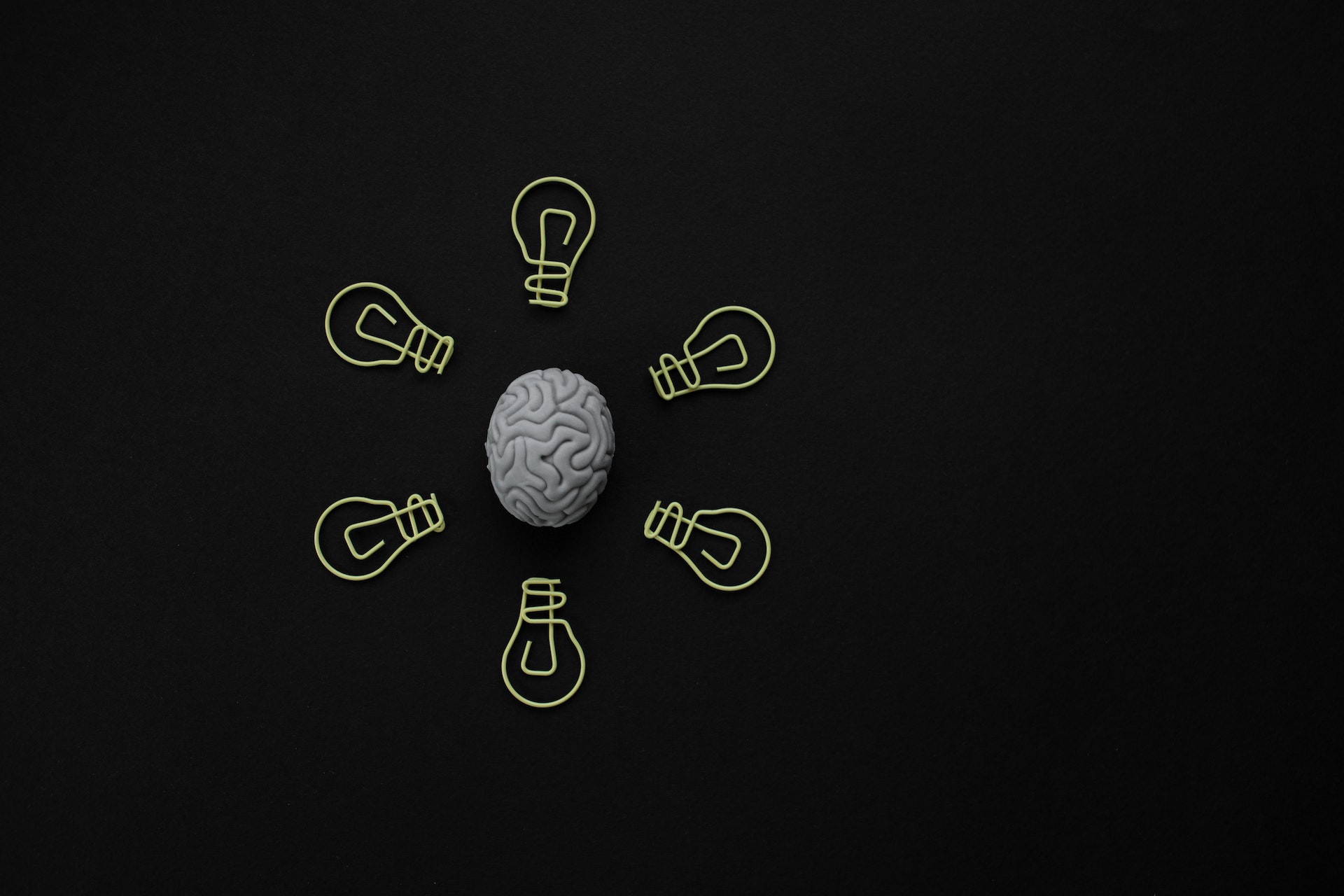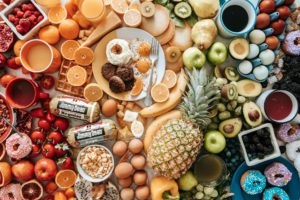[su_note note_color=”#ffe3e6″]This post contains affiliate links. Affiliate disclosure: As an Amazon Associate, we may earn commissions from qualifying purchases from Amazon.com and other Amazon websites.[/su_note]
The high pace of life dictates its conditions. To always be on top and not forget anything, the brain must concentrate perfectly on the task, remember everything and give out information in time. Nutrition plays a significant role in the good functioning of the brain: brain cells should have enough necessary substances. If shortages occur, this leads to malfunctions. We recommend trying supplements and vitamins from blackmores.
The brain needs:
For good brain function, improved memory and attention, both adults and children need B vitamins (mainly B1, B2, B3, B5, B6, B9 and B12), vitamin C, vitamin D, omega-3 acids, vitamin E, beta-carotene, magnesium, iron, zinc, iodine, selenium. Let’s talk a little more about each of them.
Magnesium is involved in more than 300 enzymatic reactions in the body, in the exchange of B vitamins, which are interconnected with vitamins K and D, and calcium. Magnesium is quickly lost during stress, psycho-emotional and physical overload. Magnesium reduces irritability, improves sleep and mood, and calms the nervous system. Contained in nuts, vegetables, and mineral water with magnesium.
Selenium improves brain function. The lack of selenium is manifested by a decrease in energy, depressed mood, a decrease in the body’s defenses, and pain in the muscles. Contained in brazil nuts, oatmeal and buckwheat, corn, meat, offal, shrimp, oysters, squid, and sea kale.
Omega-3 acids significantly improve memory, attention, and performance, also increase immunity and serve as a prevention of strokes. They are most abundant in fatty fish: trout, mackerel, salmon, and herring.
Vitamin D (cholecalciferol). Accelerates the transmission of nerve impulses, stimulates the development of the brain in children and reduces irritability, nervousness, and tearfulness. Contained in fish, eggs, meat and liver of cattle, milk, cheese, sour cream, and cottage cheese. The norm is from 100 to 500 mg of the nutrient per day.
Vitamin P (bioflavonoids). It strengthens the walls of nerve capillaries, prevents hemorrhage in the brain, and protects the cells of the central nervous system from the effects of free radicals.
Vitamin P is found in rose hips, grapes, mountain ash, lemon, and black currant. The daily norm is 40-100 mg.
Vitamin C (ascorbic acid). Promotes the absorption of B vitamins, strengthens the myelin sheaths of nerves, and improves immunity and stress resistance.
Vitamin C is found in red sweet peppers, strawberries, citrus fruits, black currants, horseradish, rose hips, and sorrel. The daily requirement is 1000-1500 mg.
Vitamin E. Antioxidants strengthen short-term memory, regulate mood swings, and accelerate the perception of new information. In addition, regular intake of tocopherol inhibits Alzheimer’s disease.
Sources: avocados, nuts, chicken eggs, vegetable oils, corn. The daily norm is 10-20 mg.
Beta-carotene protects neurons from premature aging, improves memory, attention and vision, and turns into vitamin A. It is found in orange and yellow foods: pumpkin, and yellow tomatoes.
Food rich in vitamins
A simple scheme: a serving of grains, a serving of vegetables, a serving of fruits, a serving of protein foods and oil in an amount of 10-30 ml, as well as nuts (50-100 g). All this should be consumed in a day. Such a system will provide you with the necessary nutrients, proteins, fats and carbohydrates. This is the simplest formula for a balanced diet.
Grains are cereals and side dishes: buckwheat and oatmeal, brown and black rice, couscous, quinoa, flaxseed porridge, etc. From cereals, you will get B vitamins, minerals, useful long carbohydrates and fibre.
Protein foods include meat, poultry, fish, and dairy products. It is a building material of brain cells, and a source of amino acids, and B vitamins.
Vegetables, herbs and fruits are also rich in vitamins and fibre. Especially in pumpkin, corn, and sauerkraut.
Olive oil is rich in vitamin E.
There are many minerals and vitamins in nuts, but they must be soaked in water for a day to get rid of fungal spores. Selenium is found in Brazil nuts, which can be eaten at 1 nut per day to avoid selenium toxicity. Iodine is found in persimmons and seafood.
It must be remembered that both deficiency and excess of vitamins and minerals lead to disease. Therefore, prophylactic doses of multivitamin preparations are taken in short courses of 1-2 months, mainly in early spring and late autumn. With pronounced symptoms of vitamin deficiencies, they are tested for their content in the blood.
Well, do not forget about the need to drink clean water. All metabolic processes in the body occur in the aquatic environment. Water improves metabolism and helps to remove toxins from the body. Calculation of the daily amount of water – 30 ml per 1 kg of weight.
What is not allowed
Refined foods, food colouring, and toxic food additives (excitotoxins) are widely known to harm the brain. They contribute to increased irritability, excitability, and mood swings can provoke stress and subsequent exhaustion of the nervous system, lower mood and depression.
Impossible: use refined oils, sugar, sweets, biscuits, white flour of the highest grades and products from it, bread, pasta, semolina, white rice, sauces, and chips.
Carefully choose dairy products: in some cases, they contain harmful palm oil and trans fats, which are extremely unhealthy. These products lead primarily to excessive growth in the number of pathogenic bacteria in the intestine and a violation of the absorption of vitamins and minerals. Vitamin deficiencies are formed, brain function is disrupted, memory deteriorates, attention decreases, and a person becomes forgetful.




